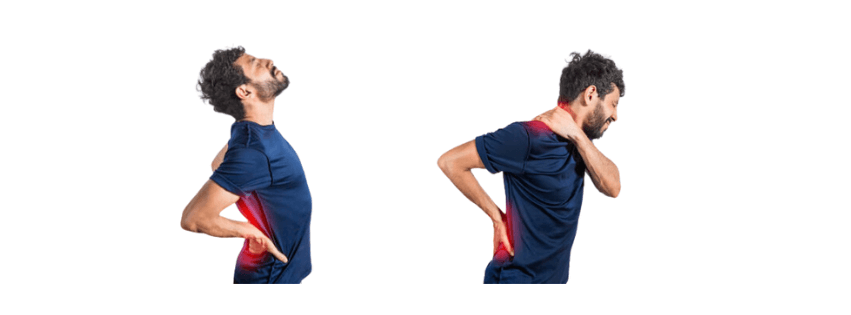
Earthing for Chronic Pain Relief | Premium Grounding
James McWhinneyI was shocked to learn that 50 million adults in the United States suffer from chronic pain. That's more than 20% of the adult population grappling with persistent discomfort that affects their daily lives. Whilst mainstream doctors tend to prescribe pills to alleviate this pain, Earthing – a practice that's gaining traction as a potential game-changer in chronic pain management - has quietly been helping thousands of people to alleviate pain.
What Causes Chronic Pain?
Chronic pain is defined as pain that persists for more than three months. It can stem from various sources and conditions, including:- Lower Back Pain: One of the most common forms of chronic pain, affecting millions worldwide.
- Arthritis: Both osteoarthritis and rheumatoid arthritis can cause persistent joint pain.
- Fibromyalgia: A condition characterized by widespread muscle pain and tenderness.
- Neuropathic Pain: Resulting from nerve damage, this can cause burning or shooting pain.
- Chronic Headaches and Migraines: Persistent head pain that can significantly impact quality of life.
These conditions can be triggered by injuries, underlying health issues, or sometimes have no apparent cause. Regardless of the origin, chronic pain can lead to decreased mobility, sleep disturbances, and even depression.
How Grounding Helps with Pain Relief
Earthing involves connecting the human body directly with the Earth's surface. This practice has shown promising results in pain management.
When we make direct contact with the Earth, our bodies absorb free electrons from the ground. These electrons act as natural antioxidants, helping to neutralize free radicals in our bodies. This process can reduce inflammation, which is often a key factor in chronic pain.
A study published in the Journal of Inflammation Research found that earthing can significantly reduce inflammation and pain. Participants reported improved sleep, reduced pain, and enhanced well-being after practicing earthing regularly.
Moreover, earthing has been shown to affect various physiological processes:
- Improved Circulation: Better blood flow can help reduce pain and promote healing.
- Reduced Stress Hormones: Lower cortisol levels can contribute to pain relief and better sleep.
-
Enhanced Sleep Quality: Better sleep often translates to reduced pain perception.
Effective Grounding Techniques for Pain Relief
Incorporating grounding into your daily routine doesn't have to be complicated. Here are some effective techniques:- Barefoot Walking: Spend time walking barefoot on grass, sand, or soil.
- Outdoor Activities: Gardening or sitting on the ground while reading or meditating.
- Swimming in Natural Bodies of Water: Oceans, lakes, and rivers provide excellent grounding opportunities.
- Using Grounding Products: For those unable to spend much time outdoors, indoor grounding products can be a great alternative.
Recommended Grounding Products for Pain Relief
For consistent and convenient grounding, especially for those with limited outdoor access, grounding products can be incredibly beneficial. Here are some effective options:- Grounding Sheets: These sheets can transform your bed into a grounding zone, allowing you to reap the benefits of earthing while you sleep. They're particularly helpful for those with chronic pain that affects sleep quality.
- Grounding Mats: Perfect for use while working at a desk or sitting in a chair, these mats provide a simple way to stay grounded throughout the day.
Many of our community have incorporated these grounding techniques and products into their daily and nightly routines and experienced significant relief from chronic pain.
Consistency is key – regular grounding practice can lead to cumulative benefits over time.
Earthing offers a natural, non-invasive approach to managing chronic pain. While it's not a cure-all, many individuals have found substantial relief through this practice.
As with any new health regimen, it's always wise to consult with your healthcare provider, especially if you're managing a chronic condition.










